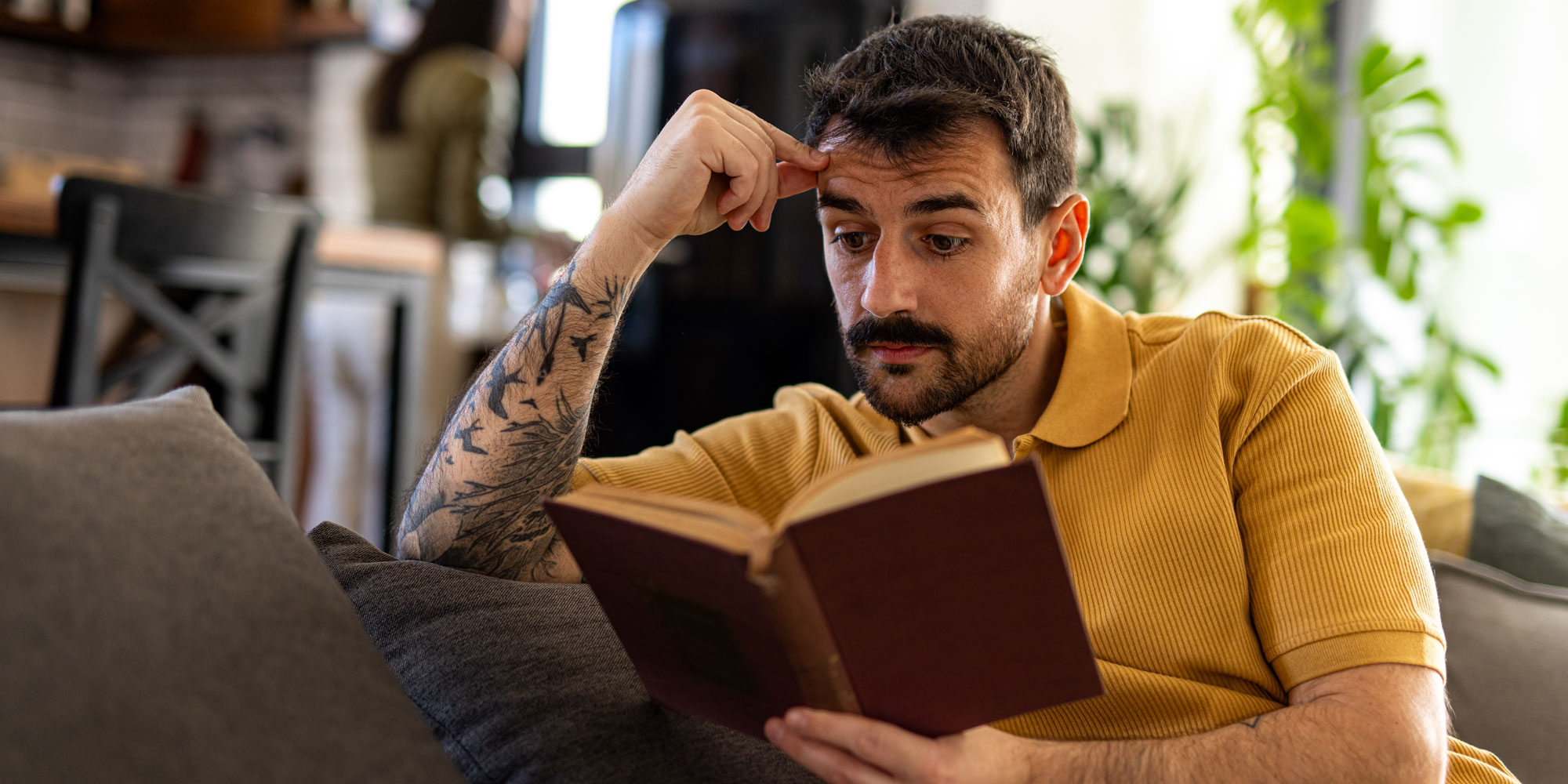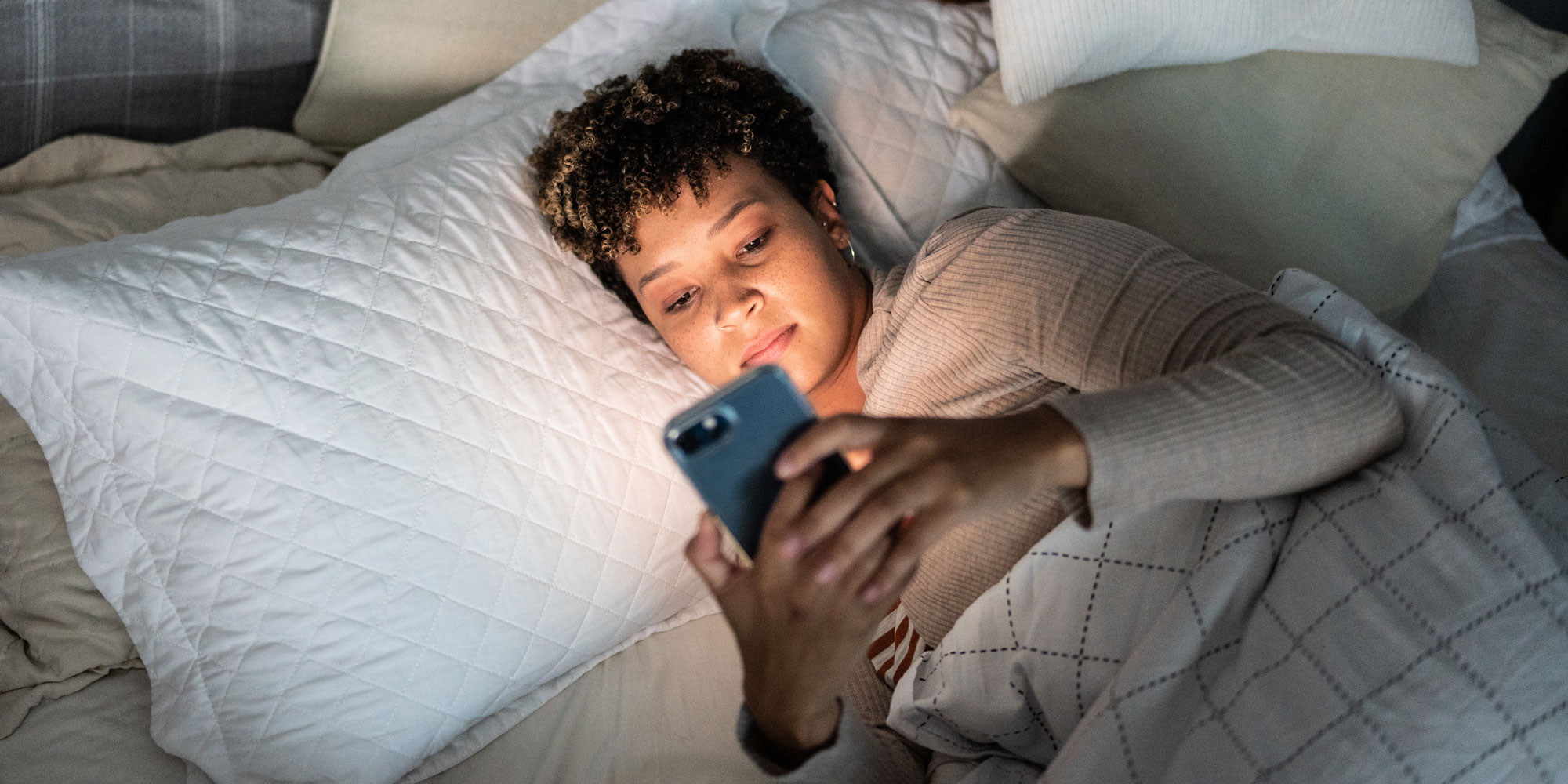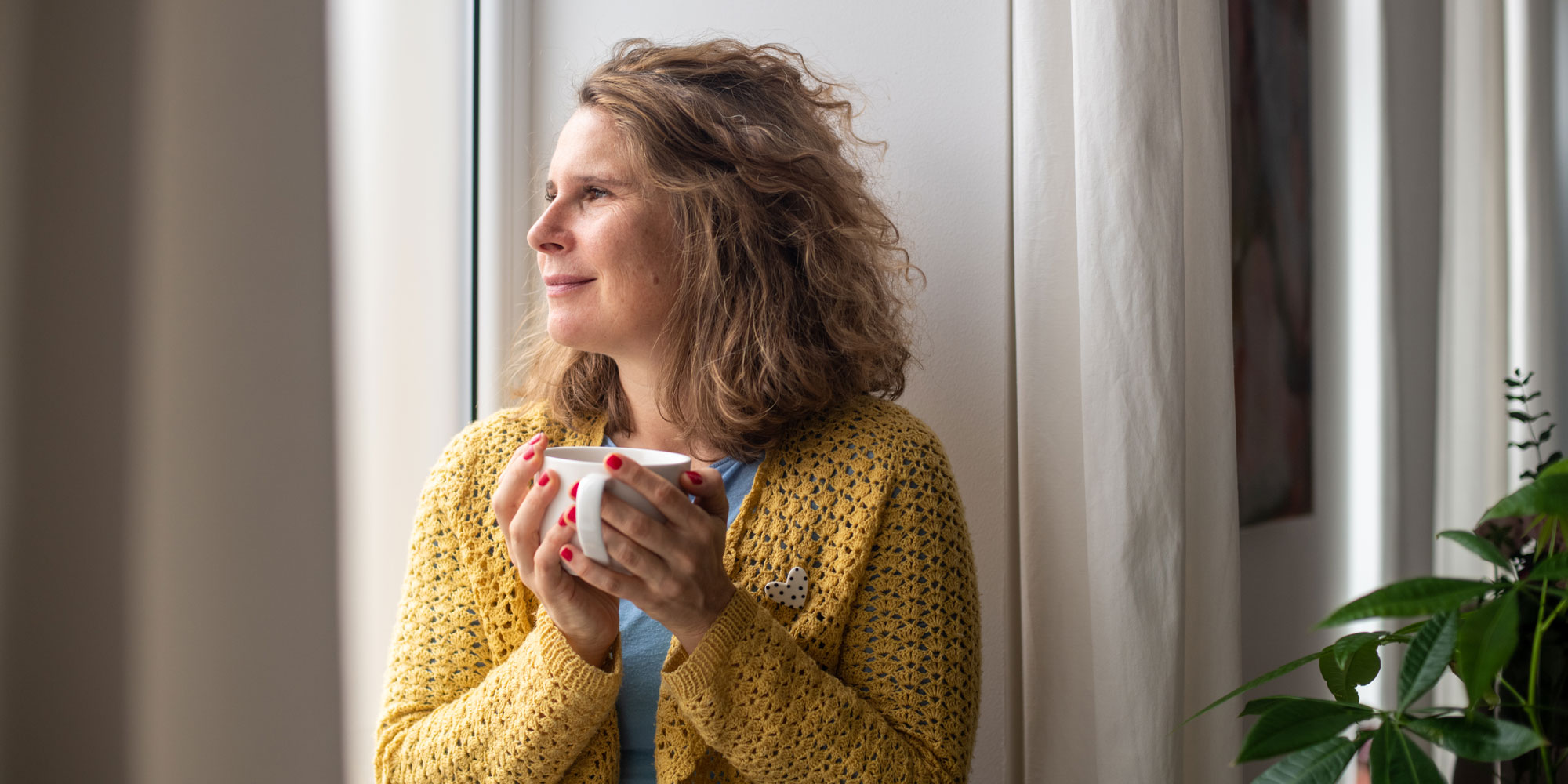Can short-sightedness really improve with age?

If you find yourself squinting to read road signs or struggling to recognise faces across the street, you’re not alone. Short-sightedness – or myopia – is a common eye condition in the UK. It happens when distant objects appear blurry but nearby things stay clear. Thankfully, glasses, contact lenses and – in some cases – laser or lens surgery, can all help bring the world back into focus.
Some of the first signs of short-sightedness include frequent headaches and eye strain, often resulting from people sitting up close to a TV or computer, as otherwise everything appears blurred. If you're squinting to see objects far away, it may be wise to book an eye test.
Here's everything you need to know on myopia, checked and reviewed by Dr Nicola Logan, professor of optometry & physiological optics at Aston University.
Where’s the best place to go for an eye test? We reveal the best opticians.
Myopia – what does being short-sighted mean?
Myopia, or short-sightedness, impedes a person’s ability to see distant objects clearly. It usually starts in childhood, between the ages of six and 13, and typically gets worse. However, adults can develop it too.
In a myopic eye, the eyeball tends to be too long from front to back, and light is focused in front of the retina instead of directly on its surface. Myopia can also arise if the cornea is too distinctly curved. Chances are, you will be short-sighted if one or both of your parents also have myopia.
Eat well, live better, stay healthy – sign up for our free Healthy Living newsletter for the latest insights delivered straight to your inbox
Is your phone or laptop to blame for myopia?

In today’s world, we can spend many hours on our phones and laptops. Whether you’re working, reading newspapers or books, watching videos online or even checking the satnav as you drive, the time people devote to looking at devices can easily mount up. So, is this to blame for myopia?
A study into digital screen time and myopia suggests that a daily one-hour increase in screen time was associated with 21% higher odds of myopia. And the International Myopia Institute forecasts that there will be almost 5 billion people in the world living with myopia by 2050 – that will be around half the population.
These are alarming figures and, according to American neuro-optometrist Dr Bryce Appelbaum, who featured in The Times, it’s the result of not enough time outdoors, prolonged focused online work in the dark, and simply too much screen time.
Why people think their myopia has improved
There are people, however, who believe that as they get older their myopia improves and they can see more clearly. Is this really the case?
Short-sightedness usually stabilises in your 20s, when eyes stop growing, so if you were prescribed glasses as a child, you might be hopeful that your eyesight is getting better. But myopia doesn't just go away.
It's more likely that when a person is in their 40s or 50s, age-related presbyopia becomes an issue. Distant objects that were once blurred seem clearer because the lens in your eye starts to harden, and you notice an improvement in your vision.
Dr Nicola Logan, professor of optometry & physiological optics at Aston University, says, 'When short-sighted people reach presbyopia — the age-related loss of near focusing ability — they often find they can still see close-up objects clearly without glasses. It can seem like their eyesight has improved, but their myopia hasn't changed — their natural focus point happens to be closer.'
Can you reverse bad eyesight?

How do you fix short-sightedness? There’s no proven medical cure, but Dr Appelbaum believes there are things you can do to look after your eyesight, even if you’ve got myopia.
He recommends daily ‘vision training’ to delay the need for reading glasses. He advocates the 20-20-20 rule – take a 20-second break from close-up screen work every 20 minutes and look at something at least 20 feet (6 metres) away. ‘Look out of a window,’ says Dr Appelbaum, ‘out into the distance - ideally, go outside.’
Can anything else help people with myopia?
Children with myopia may be offered specially designed glasses or contact lenses that could help to slow down the progression of the eye condition. This is called myopia management or myopia control - it’s not available on the NHS but can be obtained via your local optometrist.
Some ophthalmologists working outside of the NHS prescribe atropine eye drops to children with myopia, and research has shown that this treatment may slow myopia progression if taken every day for many years.
Professor Logan says: ‘Myopia control specs and myopia control contact lenses that are CE marked and FDA approved for myopia control are available in the UK through your local optometrist.’
Looking for the best high street and online places to buy glasses? We rate them on price, service and value for money
Top tips to improve eye health

Although there’s no miracle cure for myopia, there are some things you can do to improve your eye health.
Read a book instead of an ebook
When you read a book online rather than reaching for a paperback, there are more stimuli to deal with, such as glare and brightness. Eye movement is more sporadic too, so our brain has a harder job to focus and process.
Work near a window
For many, it’s unavoidable to have days off from looking at a screen, but you can choose where to place a laptop or computer. Ideally, sit in front of a window so it’s easy to look out and disengage. And keep your screen brightness low, ideally between 40% and 65%.
Go for a walk
Stepping outside can help lift any eye strain caused by staring at a screen. It allows us to look all around a three-dimensional world and puts an end to intense tunnel vision. Being able to gaze into the distance calms the mind, too. The International Myopia Institute recommends spending at least two hours outdoors every day. This is important to delay the onset of myopia in children.
Watch what you eat
Carrots won’t give you superhuman night vision but they do keep the cells in your eyes healthy and functioning well, as do dark-green leafy vegetables such as kale and spinach. Eating citrus fruit is also great for eye health, and adding salmon and sardines to your diet is beneficial.
Don’t take your phone to bed
When you look at your screen as you doze off, or reach for your phone the minute you wake, your brain receives information from your eyes that delays your body’s natural sleep-wake cycle. Reading in dim light also causes eye strain and dry eyes from reduced blinking.
Prof Nicola Logan leads on several clinical studies to slow myopia progression in children using contact lenses, spectacle lenses and atropine eye drops. She is actively recruiting children to participate, and anyone interested can contact her for more information: Optometry and Vision Science Research Group | Aston University